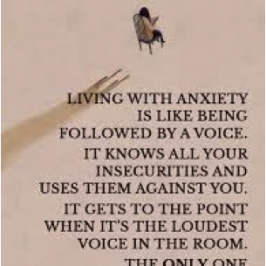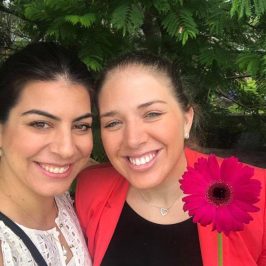by Rebecca Lee
We’ve become that family. You know.. THAT family. The”…ummm does that contain nuts/eggs/sesame/wheat?” family.. and I’m petrified.
We welcomed our little prince into the world back in April 2016 (read about it here if you dare) and were of course, over joyed with our new arrival. Peaches and cream and perfect in every way, it wasn’t long before he soon developed the dreaded cradle cap and baby acne. We had been through this with his big sister 3 years earlier so weren’t surprised and tried the usual recommended remedies like olive oil and a soft brush. At our follow up appointment with the Paediatrician, he mentioned that the cradle cap- which had now extended to Teddy’s face- looked “a bit ordinary” and might need a little help with some creams etc. Since then, there hasn’t been a day when Teddy’s face didn’t have some kind of red blotches on his cheeks. I noticed that his face did get worse when I ate certain things, and one morning after a dinner of chicken curry thickened with cashew meal, the poor little tot was red and puffy and so so miserable.

We were referred to an Allergist and Immunologist who saw us quite quickly and I was amazed to learn a few facts about food allergies and infantile eczema. The Australasian Society of Clinical Immunology and Allergy (ASCIA) is the peak professional body of clinical immunology/allergy specialists in Australia and New Zealand. They report that in Australia, food allergy occurs in around 1 in 20 children and in about 2 in 100 adults. This is the highest in the world. The most common triggers are egg, cow’s milk, peanut, tree nuts, seafood, sesame, soy, fish and wheat. The majority of food allergies in children are not severe and may be ‘outgrown’ with time. However, peanut, tree nut, seed and seafood allergies are less likely to be outgrown and tend to be lifelong allergies. Some food allergies can be severe, causing life-threatening reactions known as anaphylaxis. At this time, it is unknown WHY food allergy is so prevalent in Australia and what can be done to avoid it, however in the latest advice from ASCIA, they recommend:
Starting Solids- advice from ASCIA:
- The World Health Organisation (WHO) promotes exclusive breastfeeding until 6 months old, however given Australia’s huge prevalence of food allergy, ASCIA recommends that solids should be introduced no earlier than 4 months, but before 6 months old as:
- earlier than 4 months and your baby’s digestive system may not be mature enough
- later than 6 months and you may compromise growth, immunity and development
- Signs that your infant is ready include:
- good head control and can sit up steadily with support
- lost the tongue thrust reflex
- shows interest in your food and watches you eat
- reaches out for your food
- Introduce solids when you have plenty of time, and both you and your baby are relaxed.
- Introduce one new food at a time, and slowly to watch for any reaction your baby may have. If no reaction after a few days, introduce something new.
- Allergens such as eggs and peanuts SHOULD be introduced within the first year as studies are now showing that this may prevent an allergy. Before you do however, ASCIA publishes a fantastic fact sheet here. Highly recommend reading it for guidance.
- Cow’s milk or soy milk (or their products, such as cheese and yoghurt) can be used in cooking or with other foods if dairy products/soy are tolerated
- If you have any questions or concerns WHATSOEVER, reach out to your local GP or Health Professional.
Join me as we continue on our journey with eczema and food allergy; over the course of the next few months I hope to share allergy friendly recipes and tips.
Until then! xo















Leave a Reply